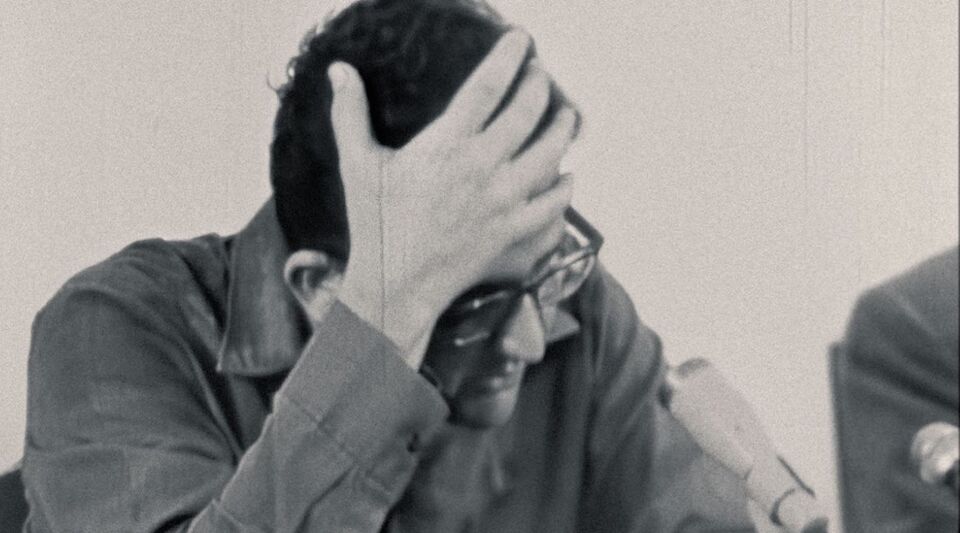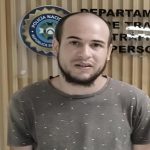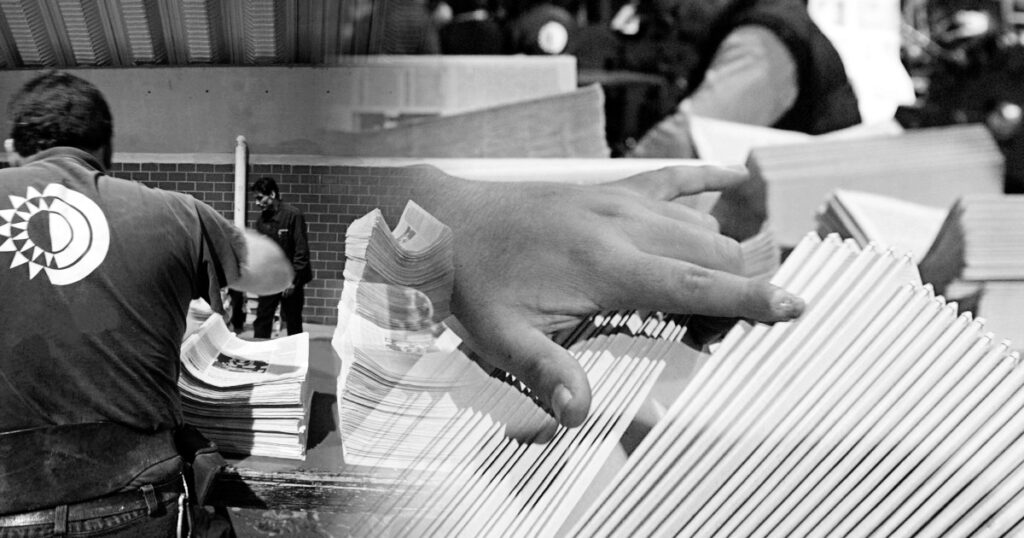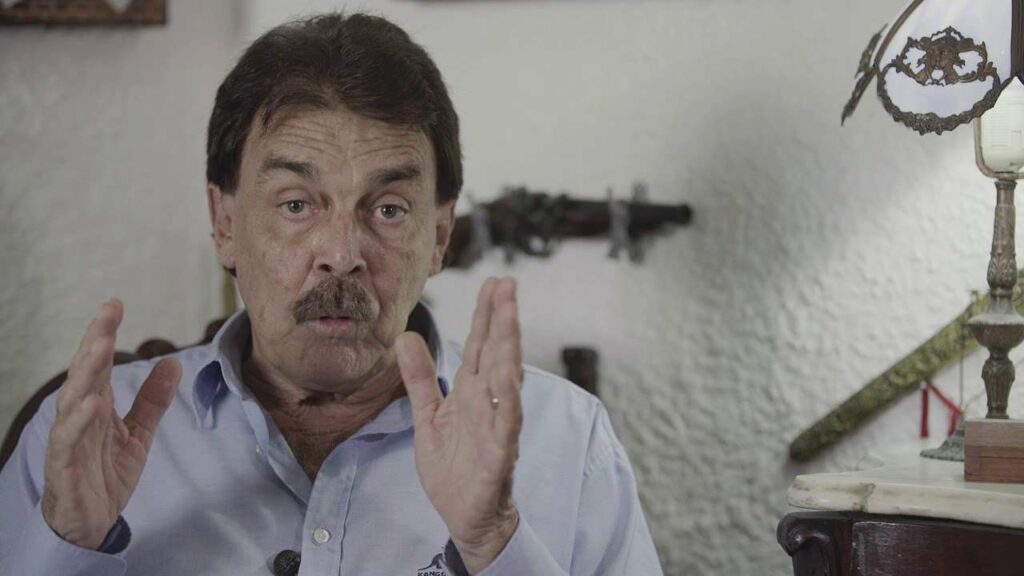The Cuban writer and translator Jorge Ferrer published this Friday various recordings originals of the appearance of the poet Heberto Padilla on April 27, 1971 before a group of writers and artists in Havana. The debate prior to the release of these film archives, hidden for decades by State Security and which served as a source for the documentary The Padilla Case (2022), by filmmaker Pavel Giroud, had recently become a bitter controversy.
In a note on his blog the tone of the voice, Ferrer affirms that he shares the audiovisual material with the authorization of the person who sent it to him, although he did not offer his identity. In addition, he argued the need to make the documentary available to the public. “The shared history forces me to do this, which is both mine and everyone’s,” he said.
This Thursday, the translator, who lives in Barcelona and is an expert in Russian literature, revealed that he had “copies of some sections, perhaps all, of the originals that Giroud used” and commented on the controversy over the alleged “kidnapping”. by the director, of the complete files.
Ferrer shared four film files, from two to 40 minutes long, that record the confession that Padilla was forced to make by State Security, after being detained for several weeks.
Ferrer shared four film files that have been digitized, from two to 40 minutes long, that record the confession that Padilla was forced to make by State Security, after spending several weeks in detention. “The revolutionary government offered him to make a confession in exchange for his freedom,” explains Ferrer.
In addition to Padilla’s appearance, the material includes the full intervention of other participants in the meeting, who were forced to incriminate themselves for having held “counterrevolutionary talks” and having frequently met with “enemies of the Revolution.” Among the writers who spoke after Padilla’s extensive appearance were the poets César López, Manuel Díaz Martínez, Padilla’s own wife, Belkis Cuza, and the narrator and journalist Norberto Fuentes.
In the case of Fuentes, whom Padilla exposed during his speech as a State Security agent and accused of sharing his “counterrevolutionary opinions”, the fragments shared by Ferrer do not include his defense attempt alleging an “injustice” against his person only by the poet, but also by the Government itself, which neglected his “claims” to be heard.
Fuentes is quickly silenced by Armando Quesada, a lieutenant in the Armed Forces and then director of the magazine Bearded Caimaneither. “I have been marginalized from the revolutionary process,” Fuentes blurts out, but Quesada rejects the opinions of those who claimed that the Communist Party was “away” from the intelligentsia.
The absence of this discussion in the files published by Ferrer, which were nevertheless used in Giroud’s film, shows that there are still important fragments of the file to be released to the public. In recent weeks, numerous intellectuals and artists have demanded that the filmmaker publish the original material in its entirety, while others defend Giroud’s right to share it when he sees fit, after The Padilla Case finished being screened at various film festivals.
The director’s response has been that the full recording “is going to come out, but not now.” Some of the intellectuals who have expressed their point of view on Giroud’s documentary are the writers Nestor Diaz de VillegasAntonio José Ponte, Carlos Manuel Álvarez and Orlando Luis Pardo Lazo.
________________________
Collaborate with our work:
The team of 14ymedio He is committed to doing serious journalism that reflects the reality of deep Cuba. Thank you for accompanying us on this long road. We invite you to continue supporting us, but this time becoming a member of our newspaper. Together we can continue transforming journalism in Cuba.


















